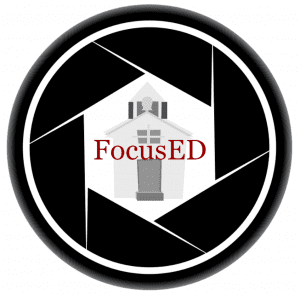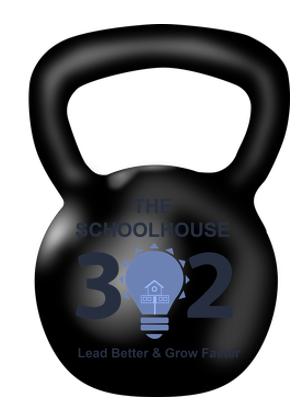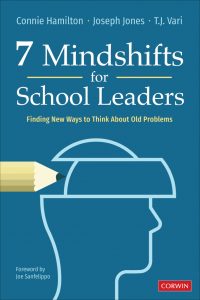
Season 3, Episode 1 with Basil Marin #FocusED
High Expectations for All Students, What Educators Should Stop Doing, and Much More with Guest Basil Marin
This is Season 3, Episode 1 of FocusED, and it features our guest, Basil Marin. It was originally recorded live for a studio audience in Delaware, provided as a professional development experience for Delaware teachers and leaders. Don’t miss what Basil has to say about treating all students with high expectations and some of what we get wrong when we schedule students into lower-level courses.
_______________________________________
Dr. Basil Marin Brings Tons of Experience to FocusED Listeners
Dr. Basil Marin hails from the Central Virginia area. He is a graduate of Eastern Mennonite University where he earned a Bachelor of Science in Business Administration. He later earned a Master of Teaching in Special Education from Liberty University. After moving to the Virginia Beach area in 2014, he pursued an Educational Specialist in Administration & Supervision from Old Dominion University. Dr. Marin recently earned an Executive Ph.D. in Educational Leadership from Old Dominion University in 2020.
Dr. Marin is one of the proud assistant principals of Chamblee Charter High School, a diverse high school located in Atlanta, Georgia. Dr. Marin brings an authentic and refreshing perspective to the field of education. As an administrator, he works hard to foster equitable opportunities and inclusive learning environments where ALL students and teachers are valued and respected.
Dr. Marin works daily to build meaningful relationships with students and desires to be the administrator he needed when he was growing up yet did not have access to. As a former struggling student himself, Dr. Marin is humbled to be able to give back to students who historically have fallen through the cracks of education and have not been given a second chance.
Dr. Marin has been afforded some incredible opportunities through the Association for Supervision and Curriculum Development (ASCD) organization such as being selected as a 2017 Emerging Leader and being appointed as a “featured speaker” at the 2019 Empower Conference in Chicago. In addition, he met with U.S. Department of Education Secretary Betsy Devos and her executive team to speak on behalf of marginalized and underserved students and he explained how the lack of funding has impacted their educational experiences. Currently, Dr. Marin is the President for the Emerging Leaders ASCD National Affiliate. Dr. Marin is a contributing author in several books including Personal, Authentic, & Unconventional Leadership, Modern Mentor, Forces of Influence, and It’s Me. And today we’re talking about 100 No-Nonsense Things That All Teachers Should Stop Doing.
Thanks for listening to FocusED, an educational leadership podcast brought to you by TheSchoolHouse302 @ dereka206.sg-host.com where we publish free leadership content. Go to the site, subscribe, and you’ll get all of our content sent directly to your email.
FocusED is your educational leadership podcast where our mission is to dissect a particular focus for teachers and school leaders so that you can learn to lead better and grow faster in your school or district with more knowledge, better understanding, and clear direction on what to do next.
This episode was brought to you by GhostBed, a family-owned business of sleep experts with 20+ years of experience. With 30K+ 5-star reviews, you can’t go wrong with GhostBed. Their mattresses are handcrafted, and they come with a 101-night-at-home-sleep trial. For a limited time, you can get 30% by using our code — SH302 — at checkout. And, even if you tell someone about GhostBed, you can earn a $100 referral reward. Go to Ghostbed.com today and use SH302 at checkout.


















 7 Mindshifts for School Leaders: Finding New Ways to Think About Old Problems.
7 Mindshifts for School Leaders: Finding New Ways to Think About Old Problems. 


